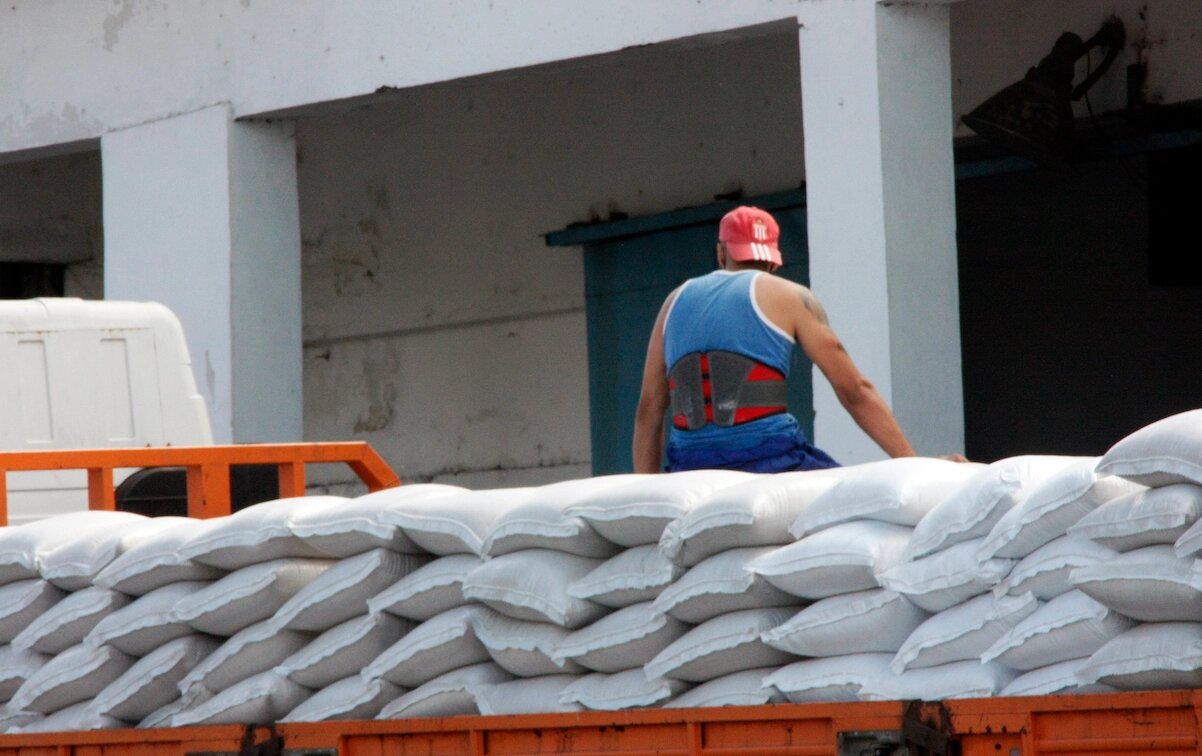In these times of global inflation, Cuba's is the third highest in the world, while the CUP is the fourth most devalued currency. What is behind this disaster?
The government blames the U.S. "blockade" and Covid-19, but this claim is groundless. At this point, the ?supply shock? of 2020, the year of the pandemic, could justify the high prices, but it does not explain why they continue to rise.
After almost three years, shortages —on the supply side— cannot be blamed for the current inflation and devaluation. The cause can only be on the demand side, which continues to grow, driven up by constant monetary injections without any productive backing, which prevents prices from adjusting to the current supply.
Of course, because of Castro's inefficient economic structure, the supply of goods and services was already contracting, exacerbated in 2020 by the pandemic. It is true that even today supply continues to decrease, but at a much slower rate than the peso's declining value, which means that the main cause of the devaluation and inflation lies in the money itself ... and, who controls the country's fiscal and monetary policy?
The government defends itself by pointing to the illegal exchange market, which it accuses of speculating to depress the value of the peso. But speculation only explains abrupt, usually reversible, variations in the value of money. In the long run, this value depends, like any other, on supply and demand; in this case, based on the "fundamentals" of any currency: the backing people believe it really has (trade balance, inflation, productivity).
On the Cuban exchange market, the supply of foreign currency is quite stable, but demand is being driven up by "mules", MSMEs and the government itself.
The recent Customs flexibilization measures boost importation by "mules," which bleeds the country of dollars. MSMEs are also net demanders of foreign currency, as they import ten times more than they export. Meanwhile, the government irresponsibly uses the foreign exchange market to supply itself with foreign currency.
These three agents are competing for foreign currency with those who want it in order to emigrate, which explains the accelerated depreciation of the Cuban peso and the rise of the dollar and the euro over the MLC.
Through the exchange rate, inflation contaminates the economy, not because of "imported inflation" (which there is some of), but mainly because of the endogenous devaluation resulting from unsustainable monetary and fiscal policies.
Many distortions are also created by the economic "reform" that Castroism has been implementing in the last year, all of the measures late, disjointed, timid and not even close to the kind of urgent political changes essential for Cuba to gain the credibility that foreign investment calls for.
The MSMEs themselves, born of apparently beneficial reform, are also proving a source of inflation. Net importers, due to the ailing Castroist economic structure, many of them (perhaps most) have the State as their main client.
With a classic lax budgeting program, mixed with corruption and nepotism, state enterprises are putting into circulation millions of pesos, subcontracting MSMEs for construction, events, repairs, gardening, IT, cooking, transportation, bodywork and painting, accounting, furniture and more, making for, in short, an ultra-expansionary fiscal policy ... just the opposite of what an inflationary situation requires.
One type of MSME prioritized by the state, but very inflationary, are mini-industries, small establishments that, racked by deficient hygiene and outmoded technology, process agricultural products to "add value" to them. This would be fine if the basic food supply was more or less sound, but this is not the case. These mini-industries are monopolizing productions that do not go directly to the market, making food unnecessarily expensive for a people in need of cheap sweet potatoes, not sweet potatoes a la julienne.
All of the above means that the Cuban peso will continue to lose value (more inflation and devaluation) because of a crumbling production framework and persistent increase in the money supply. To reverse this trend, it would be necessary to eliminate the fiscal deficit and reduce public spending, and also to undertake an economic liberation program that would only be effective if complemented by democratic reform.
Since the government will do neither, because this could threaten its power, inflation and the dollar will continue to spiral out of control —which, paradoxically, could also threaten its power. Castroism is running out of options.
